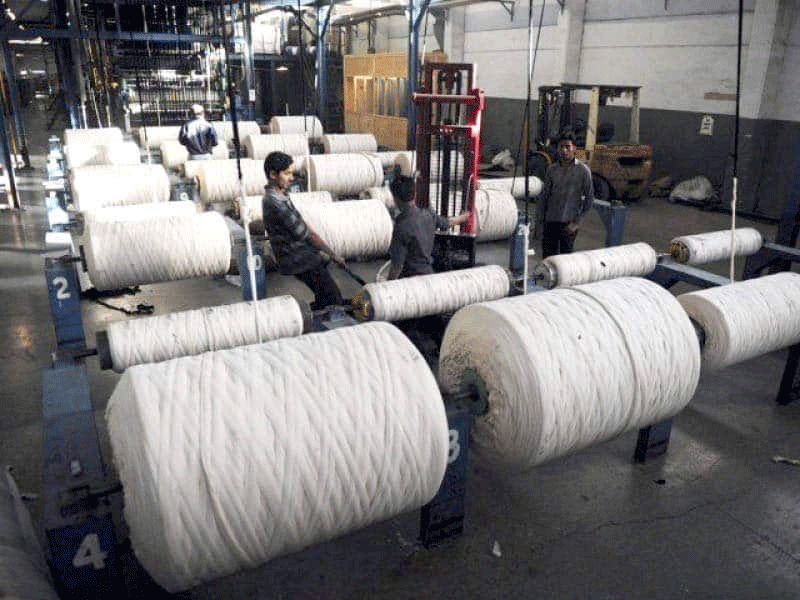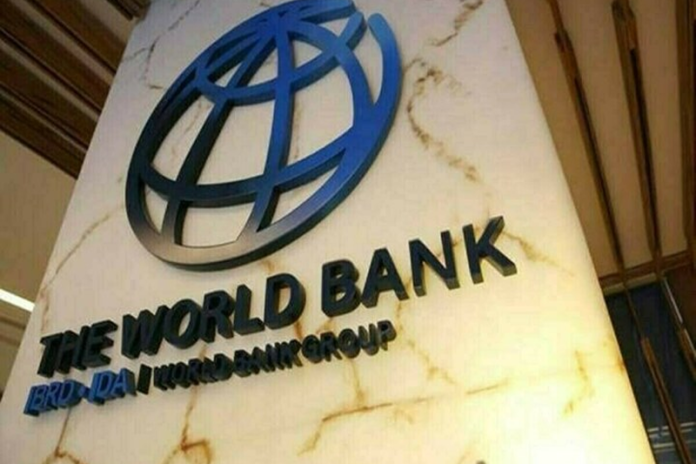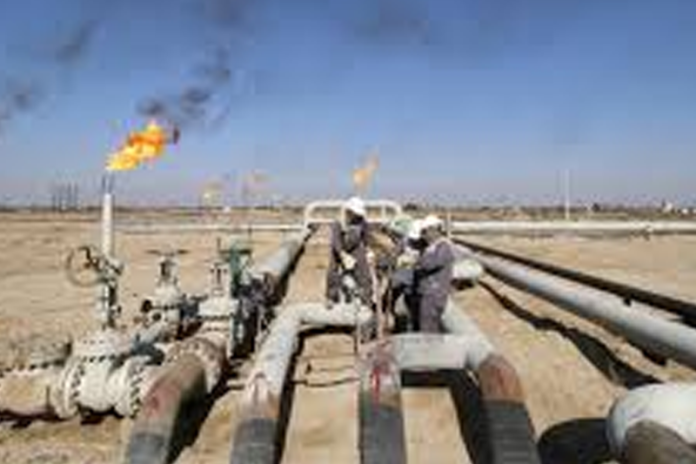Millions rendered jobless due to textile sector woes

- 260
- 0
Textile industry which is one of main employers of the labour workforce in the country has laid off seven million workers during the last few months and the situation is still not under control as there is very little raw material i.e., cotton bales available in the country.
Furthermore, the cost of production has almost doubled due to rupee's depreciation and dwindling exports due to the Letter of Credit Crisis and increasing prices energy are also taking weigh on the industry.
The value-added sector and spinning sectors are also in doldrums and till now over 150 units have been shut down. As per available reports, textile is the backbone of our foreign exchange earnings which can be gauged from the fact, that exports from this sector consist of over 60% to the total volume of the country's exports which are said to around $32 billion per year. The crisis is going to worsen as our cotton production are going to decrease to less than five million bales during the current year, which will the lowest in two decades. And a day is not far off, when we will have to import cotton for our domestic industries to produce value added products. Against this backdrop, stringent steps needed to save textile sector. It is very unfortunate that Pakistan's main foreign exchanging earning sector i.e., textile is reeling under the effects of various national and international economic and climate change effects which can be gauged from the recent statistics which show an estimated 1.5 per cent decline to the tune of around to $6bn decline in textile exports during third quarter of the last. The industry is in doldrums since June last year and it was at its lowest ebb during the biblical floods which damaged cotton raw material beside the infostructures lading to textile units and factories. Prices in international markets and the levies on textile exports also badly affected the performance of our textile sector, which is the backbone of our economy. According to textile and clothing exporters, their profits have declined substantially last month as compared to the same period last year. As a matter of fact, the textile losses are mainly due to floods ad rupee's depreciation against US dollar. Like other sectors, our textile industry is also badly hit by massive floods as one-third of our cotton crop which is considered to be cash crop for Pakistan, was damaged by abnormal rains and flash floods last summer. The impact of the floods is so mammoth that financial experts say that our textile exports can shrink by a whopping 40 per cent due to the crisis in the industry caused by unavailability of cotton raw material for industries in coming months. This very vital sector which is our main source of foreign exchange in the form of finished and non-finished products, is also going to suffer a substantial loss in terms of exports as sixty per cent of its products go abroad while the sector will not be able to produce that much products due to unavailability of raw material. while the remaining forty per cent products meets the local demands but due to the inflation and the overall economic melt-down, it is also facing a crisis on the local front as currently the demand in the domestic market for textile goods has fallen badly due to dire economic conditions. It may be recalled here that our exports were set to increase over $2.8 billion during the current fiscal year on the heel of encouraging figures of $2.51 billion exports during 2021. Everything was heading in the right direction, but the abnormal rains and subsequent flash floods wreaked havoc with the cotton crops due to which all our hopes were dashed to ground and now it is almost impossible to maintain that momentum in exports for the time being. Only a mega incentive package can save this sector from the current situation. On the other hand, our textile industry is also reeling in pain due to high prices of power and that also badly hit the exporters and many factories were also shut down in the post floods situation due to high power prices. As a matter of fact, enhancing exports is essential and the only way forward for enhancing our economy which is in dire straits. And it is the duty of the government to provide power and other facilities and tariffs to them on affordable prices so that they can meet their exports orders. Right now, the Pakistan Textile Exporters Association is making hue and cry over the pathetic state of affairs on textile sector front and they are rightly doing so as the shortage of good quality cotton, increasing cost of production due to high fuel prices are the main factors behind the closing of some textile units across the country.
The only way-out is to provide incentives in the form of low power prices and also the availability of cotton raw material so that they can get a way forward.The textile sector companies closure should be stopped at all costs as it has rendered thousands jobless in these testing times when our economy is in bad shape and the inflation is in double-digit with the prices of essential almost out of reach of the common man.
Published in The Daily National Courier, February, 08 2023
Like Business on Facebook, follow @DailyNCourier on Twitter to stay informed and join in the conversation.

















































